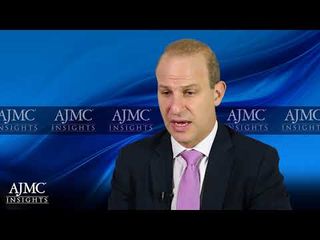
Insurance
Latest News

Latest Videos

CME Content
More News

Accountable care organization (ACO) participation in the Medicare Shared Savings Program (MSSP) remained flat this year, according to a press release from the National Association of Accountable Care Organizations issued Friday, January 10.

Avalere Health broadcasted its annual Healthcare Industry Outlook for 2020 on January 9. The hour-long discussion included insights on some of the top healthcare topics predicted to have an impact in 2020. Although Medicare and drug pricing took center stage, artificial intelligence, the future of the Affordable Care Act, and 2020 presidential campaign platforms were among the subjects discussed.

From linguistic dissonances of medical terminology to the generation of new care pathways for Medicare patients, the top 5 most-read articles of The American Journal of Accountable Care® spanned topics relevant to both patients and providers in 2019.

Patients with breast cancer who have government insurance face a higher risk of death, according to a retrospective study presented at the 2019 San Antonio Breast Cancer Symposium on December 13.

An article Schleicher co-wrote in JAMA Oncology, which appeared the day before the announcement of Oncology Care First, offered insights into the need for changes to the original OCM.

Kashyap Patel, MD, the chief executive officer of Carolina Blood and Cancer Care Associates—a leading OCM practice—and associate editor of Evidence-Based Oncology™ (EBO), said he’s optimistic about Oncology Care First.

The availability of biosimilars introduces competition based on price, offering a lower-cost alternative in the short term and helping to restrict—or even reverse—longer-term price growth.

A senior vice president of Archway Health discusses challenges and opportunities of the proposed Oncology Care First model.

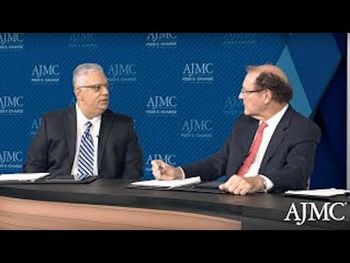
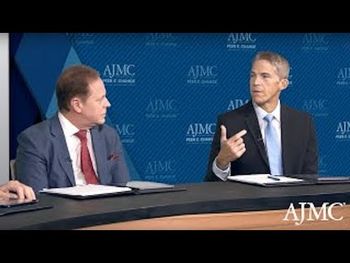
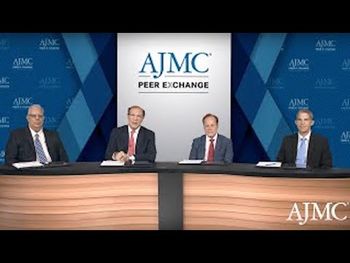









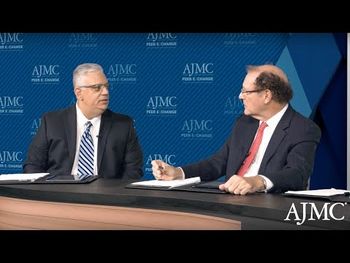
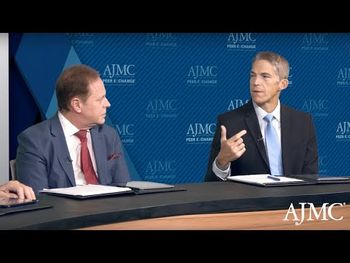
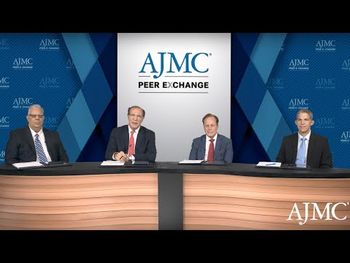

Karmanos Cancer Institute, in Detroit, Michigan, established a specialty pharmacy to help alleviate the financial burden many patients face when paying for their oral novel therapeutics.





